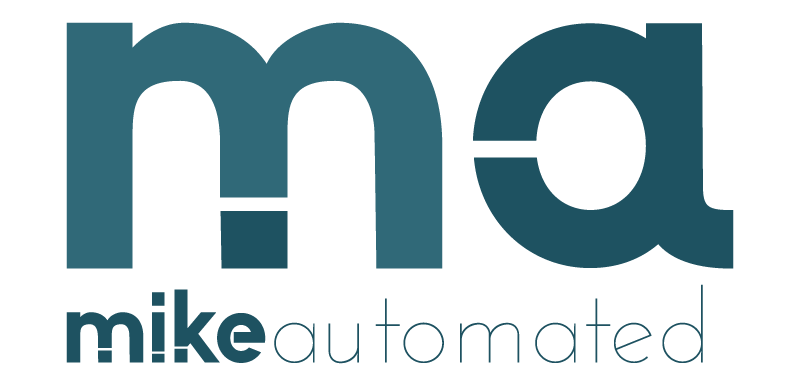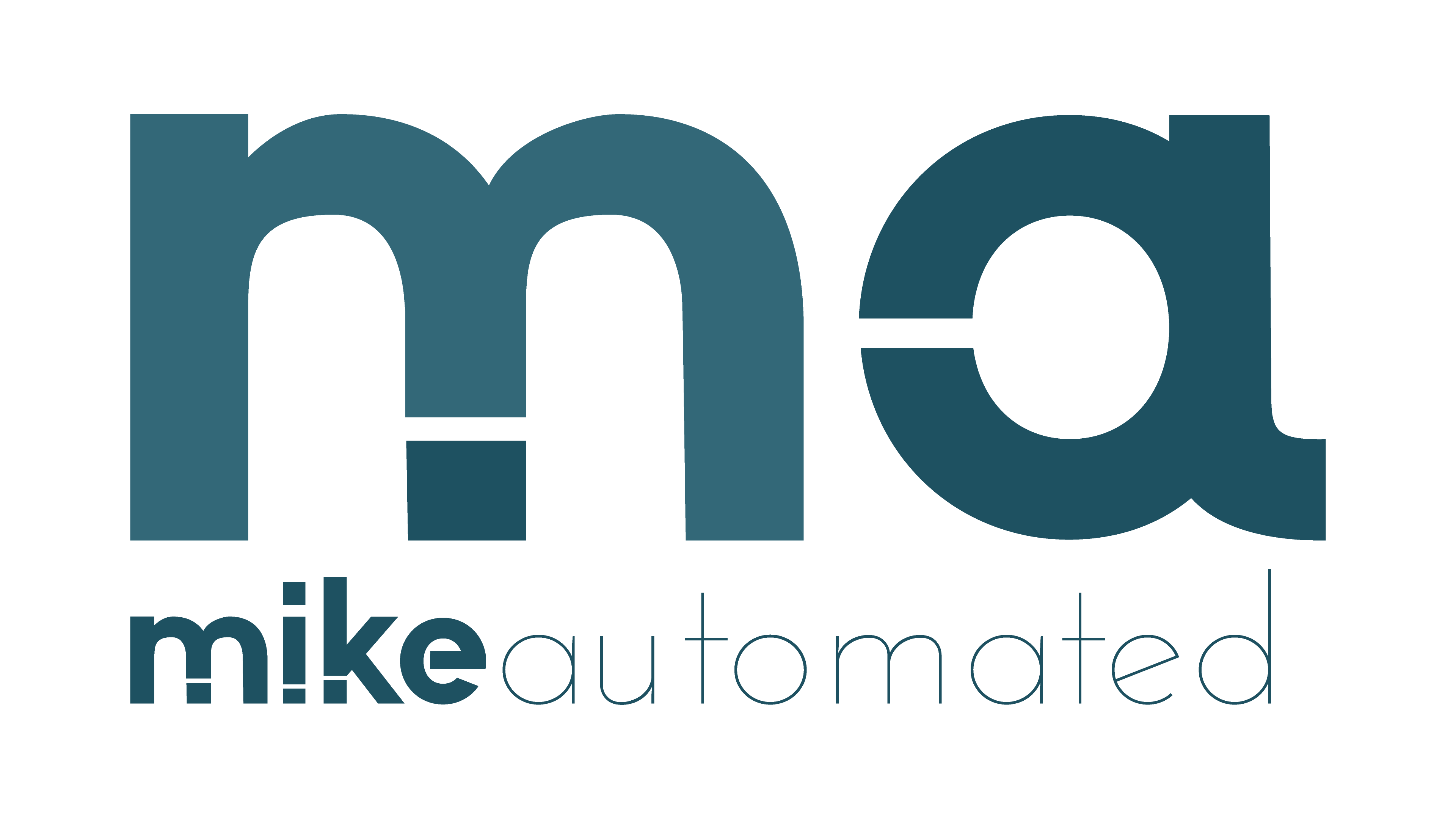TL;DR:
- AI tools help you identify high-value keywords faster and with better accuracy.
- Machine learning analyzes search patterns to uncover long-tail keywords.
- AI-driven keyword research improves search rankings by targeting both intent and relevance.
- Natural language models suggest semantic variations to enrich content and boost SEO.
- Practical examples show how AI gives a competitive edge in keyword strategy.
How AI is Revolutionizing Keyword Research
Search engine optimization (SEO) is evolving rapidly, and AI is playing a transformative role in how marketers discover and use keywords. Traditional keyword research relied heavily on manual efforts and basic tools. Today, artificial intelligence streamlines this process, providing data-backed insights on how to target the right audience with precision. AI algorithms, built on machine learning and natural language processing (NLP), excel at analyzing vast data sets. This power enables marketers to uncover high-impact keywords that resonate with user intent and search behaviors. Whether you’re an SEO beginner or a digital marketing expert, understanding AI-powered keyword strategies is key to staying competitive.What Are AI-Driven Keyword Strategies?
AI-driven keyword strategies focus on leveraging machine learning and data analytics to identify keywords that can maximize your search rankings. These methods go beyond matching basic phrases and delve deeper into user behavior, content trends, and contextual relevance. Here’s what makes them revolutionary:- Better Understanding of Search Intent: AI helps match content with not just what people search, but why they search.
- Semantic Keyword Suggestions: AI tools bring up related keywords, synonyms, and phrases that enrich content.
- Real-Time Updates: Algorithms adjust to new trends and user behaviors, ensuring your content strategies are always current.
Example:
Suppose your website sells fitness equipment. Instead of the generic keyword “best fitness equipment,” AI tools may recommend “best home gym equipment under $500” based on search patterns, competition analysis, and user intent.The Role of Natural Language Processing (NLP)
Natural language processing plays a pivotal role in enabling AI to analyze text and generate meaningful keyword insights. By understanding how humans phrase their searches, NLP enables SEO tools to:- Identify long-tail keywords based on conversational queries, like “which treadmill is best for small spaces?”
- Analyze search trends and suggest terms that align with current user interests.
- Simplify contextual analysis, ensuring your content matches both intent and syntax.
Steps to Build Smarter Keyword Strategies with AI
1. Use AI-Powered Keyword Research Tools
Advanced SEO tools, such as SEMrush, Ahrefs, and Surfer SEO, integrate AI to refine keyword lists. These platforms analyze real-time data to suggest phrases with high traffic potential and low competition. Additionally, tools like Google Keyword Planner now incorporate AI to predict performance.2. Focus on Long-Tail Keywords
According to search experts, long-tail keywords convert higher because they address intent more specifically. AI tools excel at uncovering conversational and question-based queries—for example, “how to maintain a treadmill at home” instead of a broad keyword like “treadmill maintenance.”3. Harness Predictive Analysis
AI-driven predictive algorithms highlight keywords and trends that could grow in popularity. For instance, during the pandemic, search terms around at-home fitness equipment surged. AI began flagging phrases even before they peaked.4. Leverage Competitor Analysis
AI-powered tools can analyze your competitors’ keyword strategies to help you identify gaps or untapped opportunities. For example, they may suggest variations of top-performing phrases your competitors rank for but you don’t target yet.Practical Tools to Implement AI in Keyword Research
Several software tools make it simple to integrate AI into your SEO workflows:- SEMrush: Offers a Keyword Magic tool to uncover semantic variations and competitive opportunities.
- Clearscope: Focuses on content optimization with AI-based keyword and topic suggestions.
- Surfer SEO: Analyzes pages that already rank and suggests on-page improvements using AI insights.
- AnswerThePublic: Uses NLP to generate user questions and long-tail keywords.
Why AI-Powered Keywords Elevate SEO
The future of SEO lies in understanding the evolving nature of search. With AI, you can stay ahead by:- Personalizing Content: Address specific user needs and search queries for better engagement.
- Analyzing Data at Scale: Process hundreds of keywords in minutes, saving time and effort.
- Boosting Organic Traffic: Target more relevant keywords, attracting qualified visitors to your site.
- Reducing Guesswork: Trust data-driven AI insights to refine your strategies.



